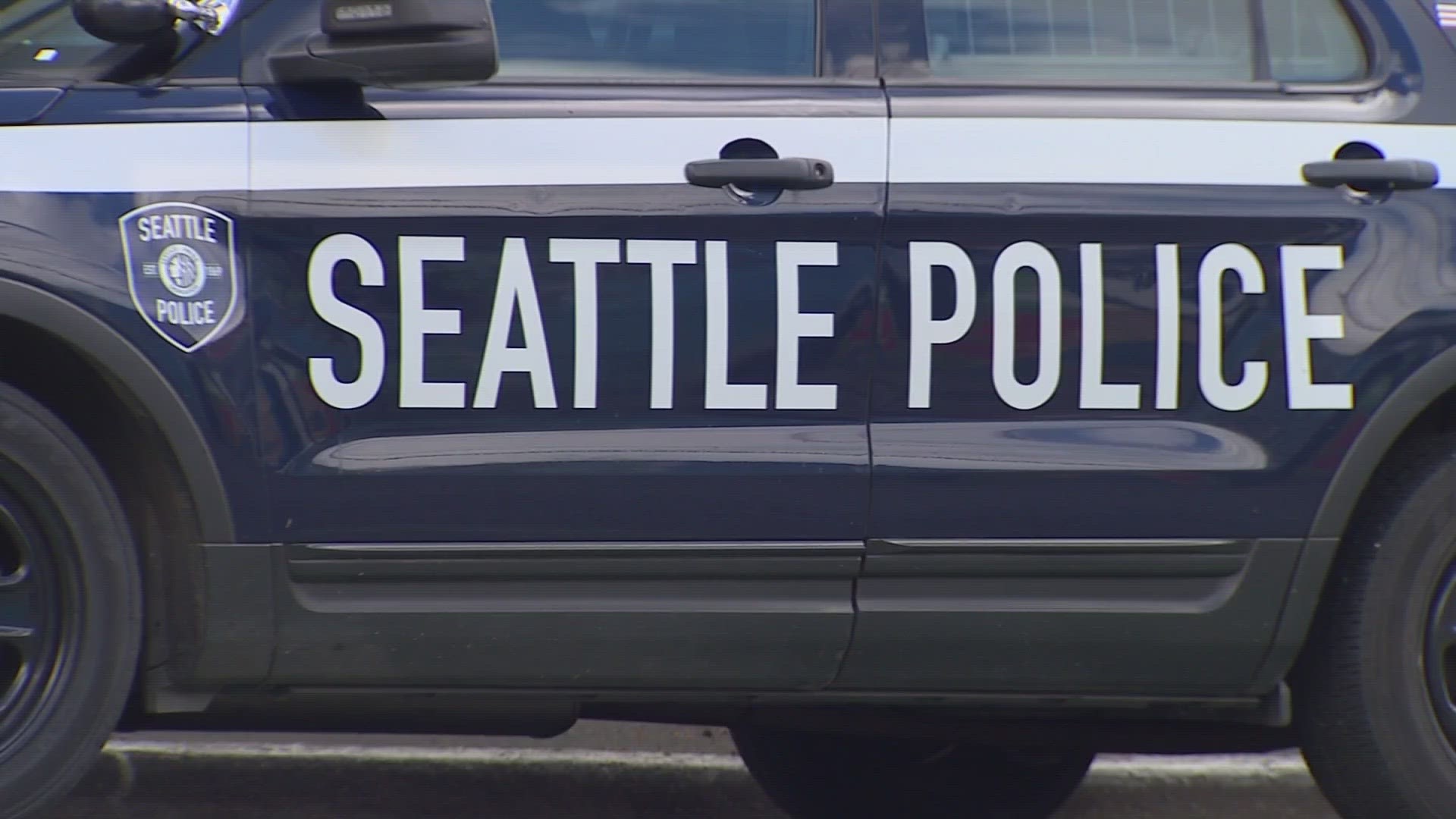SEATTLE — A major milestone has been reached in the decade-plus of federal oversight of the Seattle Police Department (SPD).
Seattle Mayor Bruce Harrell's office issued a release Wednesday that said a U.S. District Court judge, James L. Robart, has announced the end of most of the federal oversight of police reforms brought about by the SPD Consent Decree.
“Judge Robart’s ruling is a critical milestone in our efforts to reform policing. It recognizes the significant changes in our approach to crime, behavioral health incidents, and professional standards. I am grateful for the excellent work of our police officers that brought us to this point. I am also thankful for the people of Seattle who have, from the beginning of this journey 12 years ago, wanted a police service that is fair, respectful, and effective in keeping everyone safe in every neighborhood," Mayor Harrell's office said Wednesday.
Mayor Harrell did include three areas that SPD must continue to improve on and address: crowd control, the police accountability system in the city and the results of collective bargaining with the Seattle Police Officers Guild.
The announcement follows a long saga that first began in 2012 with the discovery of systemic issues within the department.
As the judge included in his announcement, it has been a long and winding 11-year journey to reform SPD.
It all started with a series of officer-involved incidents, most notably the police shooting of Native woodcarver John T. Williams in August 2010.
Dozens of community groups spoke up and demanded federal oversight of SPD and what the groups believed was biased policing.
Months later, the U.S. Department of Justice (DOJ) identified a widespread pattern of "use of force violations" by SPD. In 2012, then U.S. Attorney Jenny Durkan announced a "consent decree" was established to keep a watchful eye on SPD amid its changes.
In 2013, then-Mayor Mike McGinn appointed 15 individuals to a new Community Police Commission (CPC) to allow the community to provide input on potential reforms. Four years later, an Office of Police Accountability was established to independently review allegations of misconduct by SPD.
In 2020, the DOJ said Seattle police still had work to do when it came to crowd control in the wake of protests over the murder of George Floyd.
This week's announcement now spells the end of most federal oversight of SPD and sends the department into a new chapter.

